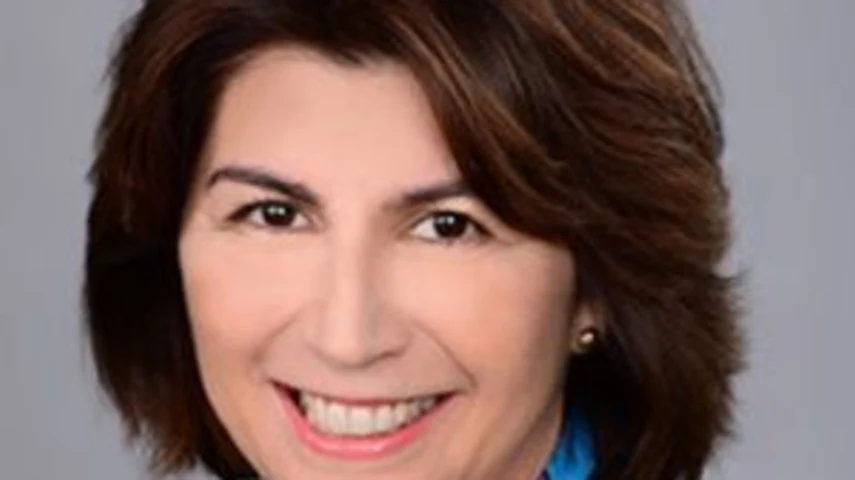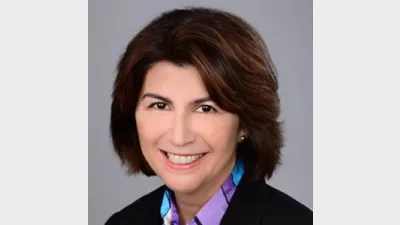ASFA weighs up costs of older retirees



Retirees in their 90s might spend less on average compared to younger retirees but their medical and aged care expenses increase significantly, the Association of Superannuation Funds of Australia (ASFA) retirement standard for older retirees shows.
The retirement standard showed that while people in their 90s spend less on holidays and other recreational activities, their expenditure on assistance in the home, including cleaning services and meals, and towards home and community care services jumps during this time.
ASFA CEO Pauline Vamos said older retirees will need both their super and government support to meet their spending needs.
"This will pose challenges for governments as they seek to put in place policies that provide financial support to this group, while working within the fiscal challenges that will arise as a result of the pool of retirees growing and the number of working Australians declining," she said.
She also said the standard was released to give financial advisers and individuals an idea of how their spending patterns change over time and how they should save for this.
"The ASFA Retirement Standard for Older Retirees will give governments a better picture of the spending magnitude and behaviour of older retirees.
"This will allow them to better analyse the impact that policy changes or price fluctuations in particular areas will have on this cohort of people and make better decisions accordingly," she said.
Retirees in their 90s also spend more on big medical procedures and regular chemist and other medical costs.
Recommended for you
Australia’s largest super funds have deepened private markets exposure, scaled internal investment capability, and balanced liquidity as competition and consolidation intensify.
The ATO has revealed nearly $19 billion in lost and unclaimed super, urging over 7 million Australians to reclaim their savings.
The industry super fund has launched a new digital experience designed to make retirement preparation simpler and more personalised for its members.
A hold in the cash rate during the upcoming November monetary policy meeting appears to now be a certainty off the back of skyrocketing inflation during the September quarter.









